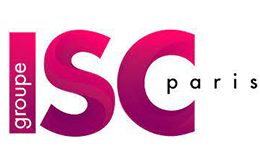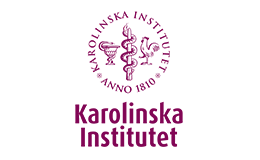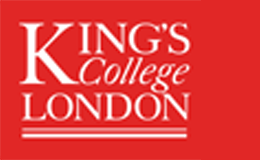Study in Germany or Study in France - Which one is better for studying abroad
Study in Germany or Study in France - Which one is better for studying abroad

WHERE DO I STUDY? FRANCE OR GERMANY?
Germany offers a high-quality education system to help students advance in their careers. Students can learn a new language, make new friends and socialize with other students and can gain an awesome experience as a foreign student in Germany. In France, you can expect a high quality of education, low tuition fees, and a French way of life. France regularly tops in the international university ranking. Now, we will go over the differences in studying in these two countries.
Period of Terms:
In Germany, there are only two semesters, namely winter semester and summer semester. The winter term starts in early October and ends at the end of March. The summer term begins at the beginning of April and ends at the end of September. However, the classes are taken only from mid-October to mid-February and from mid-April to the end of July. The remaining time also called as “vorlesungsfreie Zeit” is for internships, writing papers and preparing exams, etc. The academic year, in France, begins in September and ends in May or June. Generally, July and August are holiday seasons. Schools that are for the doctorate are closed in August. Five weeks of holidays are granted for doctoral students but they don't necessarily follow the academic year.
Duration of Programs:
In Germany, the bachelor’s degree programs can be studied for over six to eight semesters (i.e., 3 to 4 years). Students after successful completion can join the master’s programs. The master’s degree can be done for 1 or 2 years. The Doctorate duration mainly depends on the topic chosen but usually ranges from 2 to 5 years. In France, three types of degree are available which are License, Master, and Doctorate. Students can study undergraduate programs for 3 years and their license degree. Students can study for an additional 2 years and get their master’s degree after completing their license degree. Doctorate programs span for about 3 years consisting of 6 semesters.
University Structure and Organization:
In Germany, universities are controlled and funded by the state. German universities follow an important rule which is “autonomy”. Students can select their course, attend regular classes, properly write their tests and exams, and can get their degrees. In France, Grandes Écoles and public universities are two types of higher education. Grandes Écoles admits students of graduates of baccalauréat level + 2 years of validated study whereas all baccalauréat graduates are accepted by other universities.
Finding Accommodation:
In Germany, Students can avail of two kinds of accommodation. They are economical and private accommodation. Economical accommodation consists of union halls of residence (hostel), which is cheap compared to private accommodations such as flats, renting rooms, etc. The hostel is the preferred mode of accommodation by the students. In Germany, studies show that 30% of German students share flats, 10% live alone, and 20% of students live with a partner. In France, accommodation portals, crous, university-owned accommodation, and students stay in residence are common and popular options. The cost of renting is around 200 - 300 EUR per month. Moreover, the renting cost depends on the luxury and the location. Students can find their perfect accommodation through academic portals as well. Estate agents are also available to help students rent a room.
Grading System and Assignment:
In Germany, universities use a 1 to 6 point grading system to evaluate students’ performance. Point 1 represents that you have scored between 90 to 100%. On the other hand, the 6th point represents that you have failed to score the pass mark. The grading systems differ slightly in each federal state, so the students might encounter some differences in different states. France follows a standardized grading system. Assignments, tests, and exams are for 20 marks. The pass mark is 10 and students scoring below 10 should write the exam again after a few weeks.
Cost of Education:
In Germany, undergraduate students can study for free in public universities. However, there is a charge for applying, confirmation, and administration and these are not more than €250 (USD 290) per semester but depending on the university the fees vary. Private universities charge around €20,000 (USD 25,000) per year for undergraduate programs. Master’s degree is usually free to pursue if students did their bachelor’s degree in Germany. For international students, the fees are around €20,000 (USD 25,000) per year in public universities and the private universities charge up to €30,000 (USD 37,000). France offers a very low fee for international studies. Public colleges and universities, in France, charge around only 200 EUR per year for the undergraduate programs. The tuition fees fluctuate according to the program. It costs around 620 EUR for engineering and 450 EUR for medical programs. Masters and Ph.D. programs are usually expensive to study in.
If you are interested in studying in a foreign university, contact Whizstorm experts to know more.




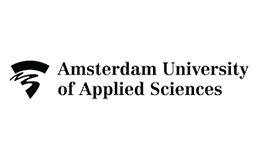

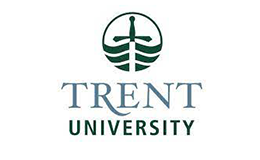




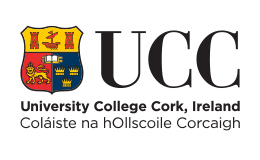







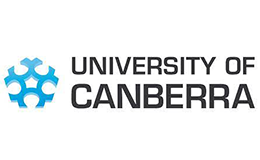






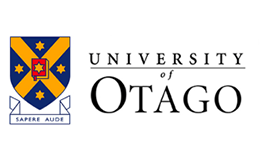

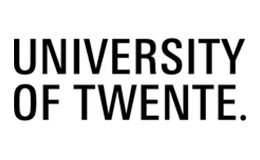








.png)
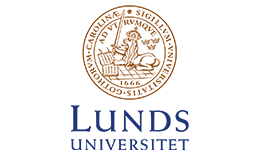
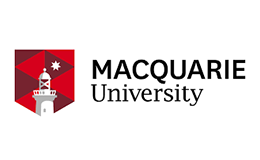
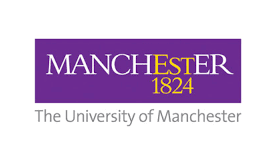





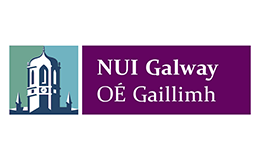
.png)




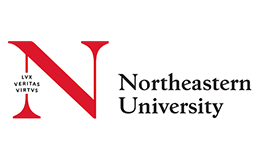
















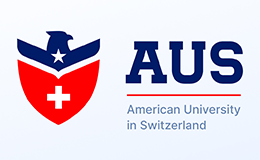


.png)










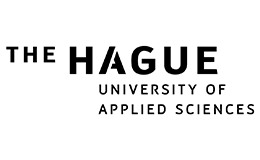




.png)
